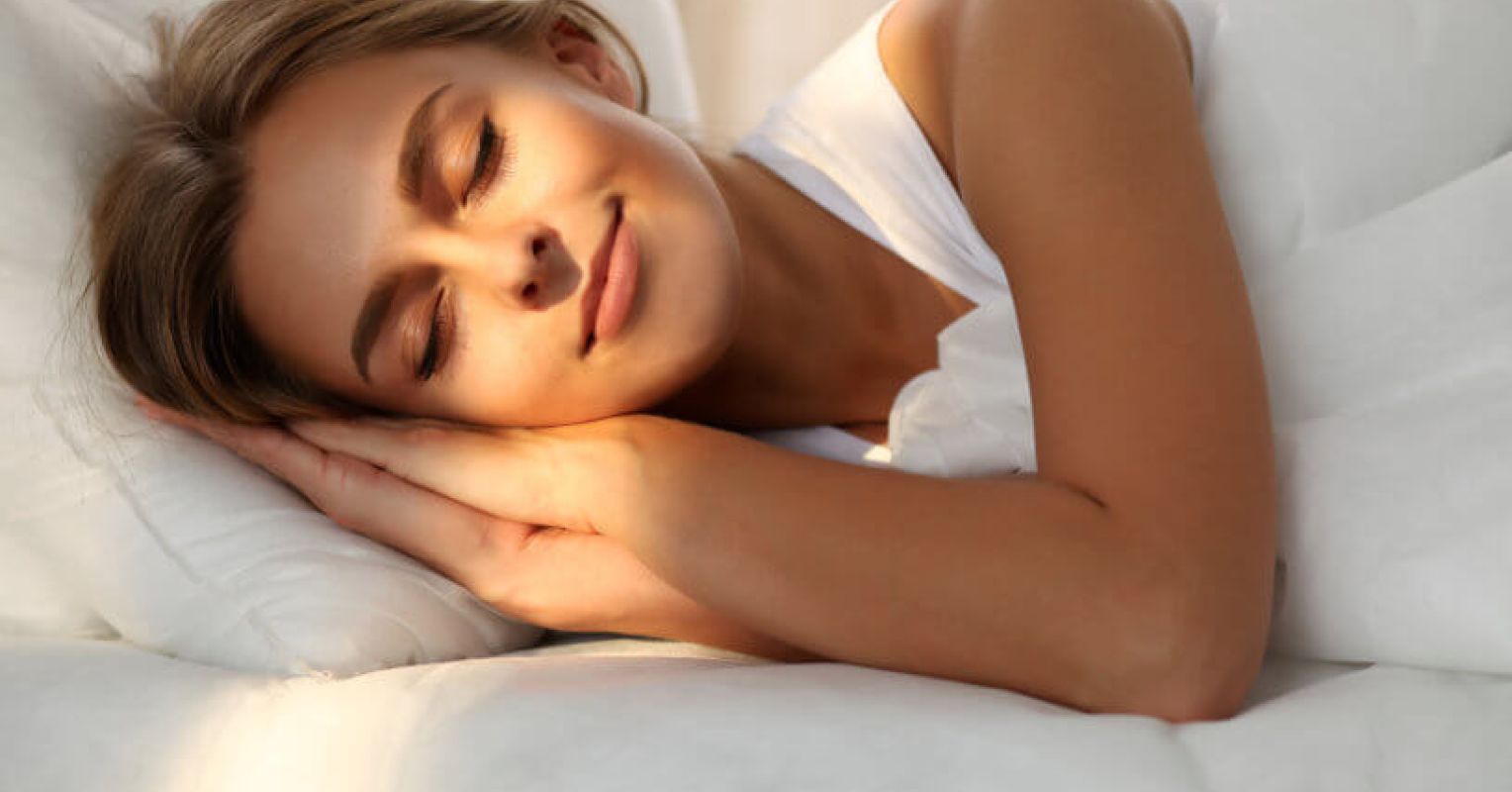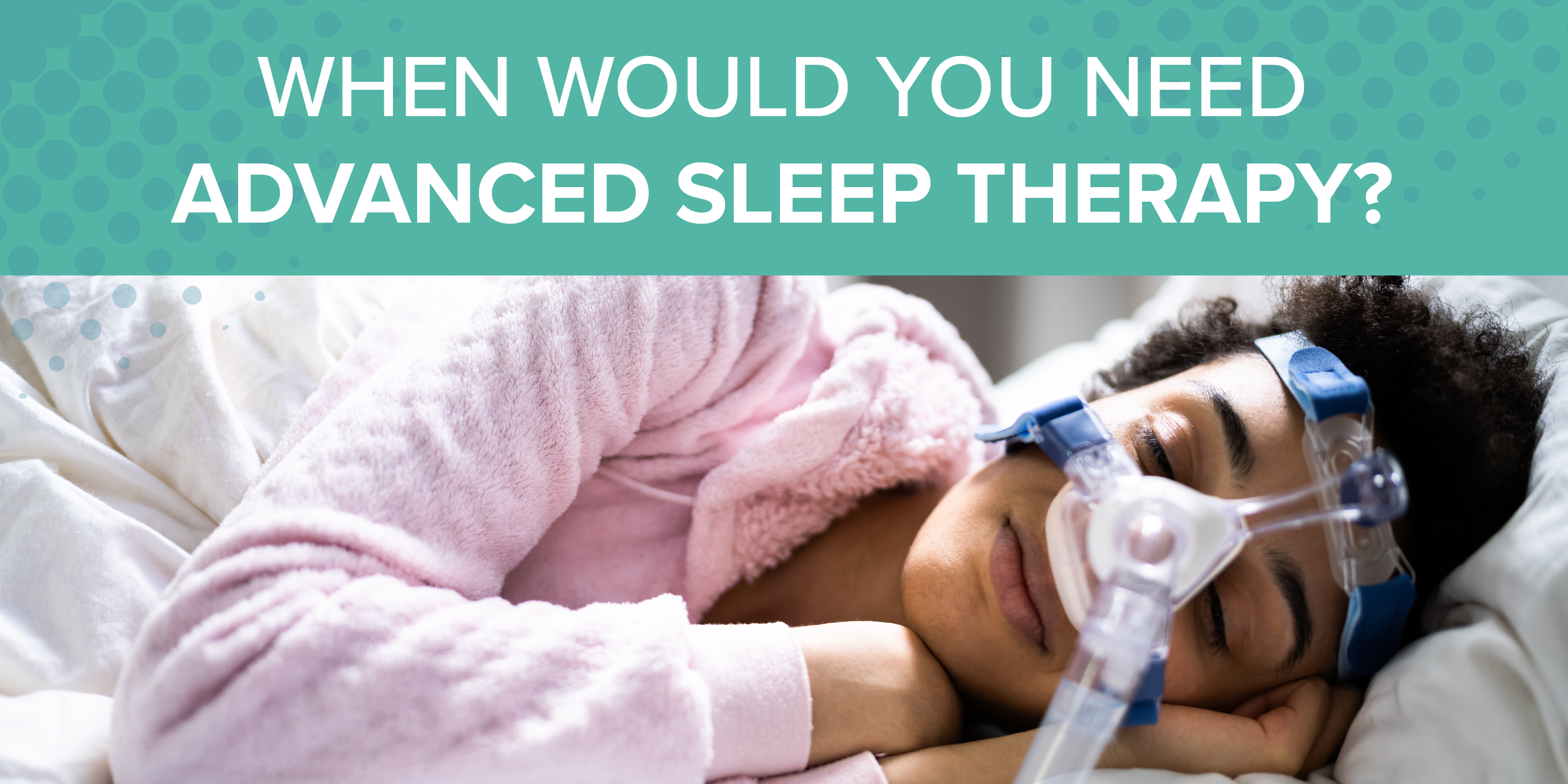Reliable Insomnia Therapy - Regain Your Restful Nights
Reliable Insomnia Therapy - Regain Your Restful Nights
Blog Article
Efficient Treatment Solutions for Handling Rest Disorders and Enhancing Relaxed Rest
In the world of healthcare, the monitoring of rest conditions and the pursuit for peaceful rest are critical elements of general well-being. As we navigate the intricate landscape of rest conditions and look for to boost our rest experience, a deeper understanding of these therapy options might hold the trick to unlocking a much more rejuvenating and satisfying corrective journey.
Cognitive Behavior Therapy for Sleeping Disorders (CBT-I)
Cognitive Behavior Modification for Insomnia (CBT-I) is a structured, evidence-based therapy method that concentrates on attending to the hidden variables adding to sleep disturbances. This kind of therapy aims to modify habits and ideas that exacerbate sleeplessness, inevitably advertising healthy and balanced rest patterns. CBT-I typically includes a number of crucial parts, consisting of cognitive treatment, rest limitation, stimulus control, and rest health education and learning.
Cognitive treatment helps individuals determine and change negative thought patterns and beliefs concerning sleep that might be preventing their ability to fall or stay asleep. Rest constraint entails restricting the amount of time invested in bed to match the individual's actual rest duration, thus enhancing rest performance (insomnia therapy). Stimulation control methods help establish a solid organization in between the bed and rest by encouraging people to visit bed just when drowsy and to avoid participating in stimulating activities in bed
In addition, sleep hygiene education concentrates on developing healthy sleep behaviors, such as preserving a constant rest routine, developing a relaxing bedtime regimen, and optimizing the rest environment. By resolving these aspects thoroughly, CBT-I provides a reliable non-pharmacological treatment for handling sleeping disorders and boosting overall rest quality.
Sleep Hygiene Practices
Having actually developed the structure of cognitive restructuring and behavior modifications in resolving sleep problems with Cognitive Behavioral Treatment for Sleeping Disorders (CBT-I), the emphasis now shifts in the direction of exploring necessary Rest Health Practices for preserving ideal sleep quality and total health.
Sleep hygiene methods incorporate a range of practices and ecological variables that can dramatically affect one's capability to drop off to sleep and remain asleep throughout the night. Constant sleep and wake times, developing a relaxing bedtime regimen, and maximizing the sleep setting by keeping it dark, peaceful, and cool are critical elements of good sleep health. Restricting direct exposure to displays prior to going to bed, avoiding stimulants like caffeine close to bedtime, and involving in normal physical activity during the day can likewise advertise far better rest top quality.
Furthermore, practicing leisure methods such as deep breathing exercises or reflection before bed can aid relax the mind and prepare the body for sleep. By incorporating these rest hygiene practices into one's daily regimen, people can develop a healthy and balanced sleep pattern that sustains peaceful rest and general wellness.
Relaxation Strategies and Mindfulness
Applying leisure strategies and different types of insomnia mindfulness techniques can play a critical duty in cultivating a feeling of calmness and promoting high quality rest. Additionally, directed images can aid transfer individuals to a calm location in their minds, aiding in stress decrease and enhancing rest quality.
By including these practices into a going to bed regimen, people can signal to their bodies that it is time to prepare and unwind for rest. In general, integrating leisure methods and mindfulness practices can significantly contribute to managing rest disorders and improving general rest top quality.

Medication Options for Rest Disorders
After exploring relaxation strategies and mindfulness practices as non-pharmacological treatments for enhancing sleep top quality, it is necessary to take into consideration medicine options for people with rest problems. In instances where way of living adjustments and treatment do not give sufficient alleviation, medication can be a useful device in taking care of go to this web-site rest disruptions.
Generally suggested drugs for rest disorders consist of benzodiazepines, non-benzodiazepine hypnotics, antidepressants, and melatonin receptor agonists. Benzodiazepines, such as diazepam, are sedatives that can aid cause rest, yet they are typically advised for short-term use as a result of the risk of dependancy. Non-benzodiazepine hypnotics like zolpidem are additionally utilized to deal with sleep problems and have a reduced danger of reliance compared to benzodiazepines. Antidepressants, such as trazodone, can be advantageous for individuals with co-occurring clinical depression and rest disruptions. Melatonin receptor agonists, like ramelteon, target the body's natural sleep-wake cycle and can be valuable for controling rest patterns.
It is essential for people to talk to a medical care company to determine one of the most appropriate medicine option based upon their specific click this rest condition and case history.
Light Therapy for Body Clock Regulation
Light therapy, also referred to as photo-therapy, is a non-invasive treatment technique utilized to regulate circadian rhythms and boost sleep-wake cycles. This therapy includes exposure to intense light that resembles all-natural sunlight, which assists to reset the body's internal clock. By subjecting individuals to specific wavelengths of light, typically in the early morning or evening depending on the preferred result, light therapy can effectively readjust the body clock to promote wakefulness throughout the day and boost peaceful rest at night.
Research study has actually shown that light treatment can be specifically helpful for individuals with body clock disorders, such as delayed rest stage syndrome or jet lag. It can additionally be valuable for those experiencing seasonal affective problem (SAD), a kind of depression that normally takes place throughout the winter season when all-natural light direct exposure is reduced. Light therapy is typically well-tolerated and can be utilized together with other treatment techniques for sleep problems to maximize outcomes and boost general sleep high quality.
Verdict
To conclude, reliable treatment services for taking care of rest disorders and boosting peaceful sleep consist of Cognitive Behavioral Therapy for Sleeplessness (CBT-I), rest health methods, relaxation techniques and mindfulness, drug choices, and light therapy for circadian rhythm guideline. These strategies can help people boost their sleep top quality and general well-being. It is very important to seek advice from a doctor to establish the most ideal technique for resolving sleep issues.
As we navigate the elaborate landscape of rest conditions and seek to boost our rest experience, a deeper understanding of these treatment options may hold the secret to opening a more relaxing and satisfying corrective journey.
Sleep restriction entails limiting the amount of time spent in bed to match the person's actual sleep duration, thereby raising sleep performance. Consistent rest and wake times, creating a relaxing going to bed routine, and maximizing the rest setting by keeping it dark, peaceful, and cool are essential parts of great rest hygiene. Light treatment is usually well-tolerated and can be utilized in combination with other therapy approaches for sleep conditions to optimize end results and boost general rest high quality.

Report this page